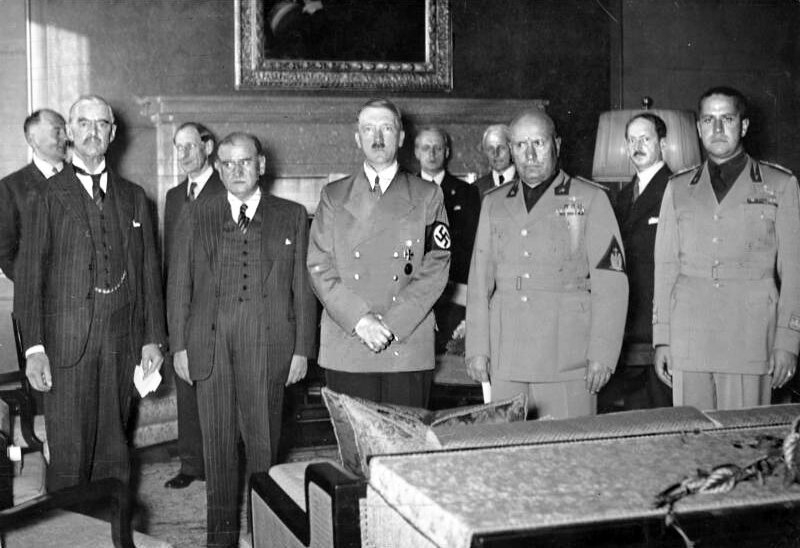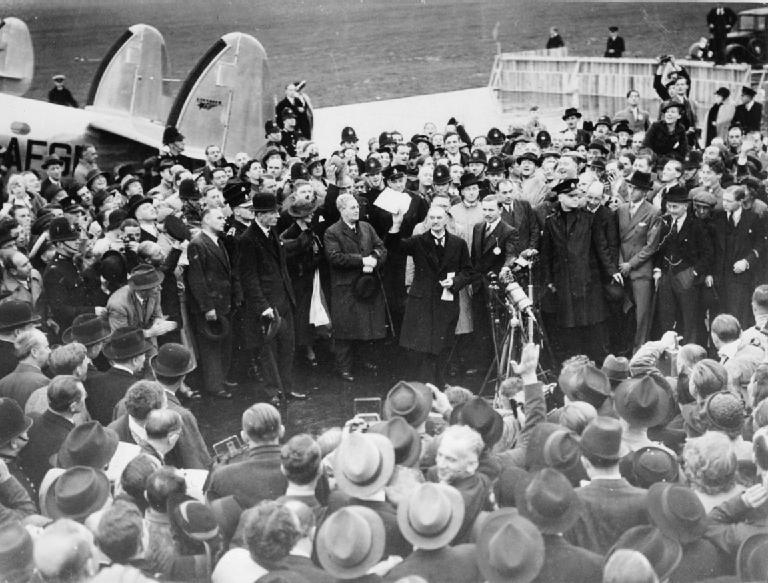Weakness of the International System and the Policy of Appeasement

While Germany's foreign policy was crucial in the onset of the Second World War, other nations' unwillingness or incapacity to respond also played a significant influence. France and Britain were both in weak political and economic positions as a result of the First World War. This implied that they were frequently unable or unwilling to adequately repel German aggression.
The Treaty of Versailles and its consequences for Germany, in particular, were perceived as being severe by Britain. Britain yearned to prevent another world war after the First World War's devastation. As a result, from 1933 to 1939, Hitler's aggressive foreign policy was met with an appeasement strategy. Hitler's confidence increased as a result of this program, and his actions grew increasingly brazen.
The United States and the Soviet Union both had significant roles in the start of the Second World War outside of Europe. Both nations adopted more isolationist policies in the years leading up to 1939, staying as far away from global politics as they could.
Together, these elements diminished the likelihood that Nazi Germany would face an effective challenge before the Second World War. It implied that Hitler could grow steadily more self-assured without worrying about reprisals or significant action from other powers.






